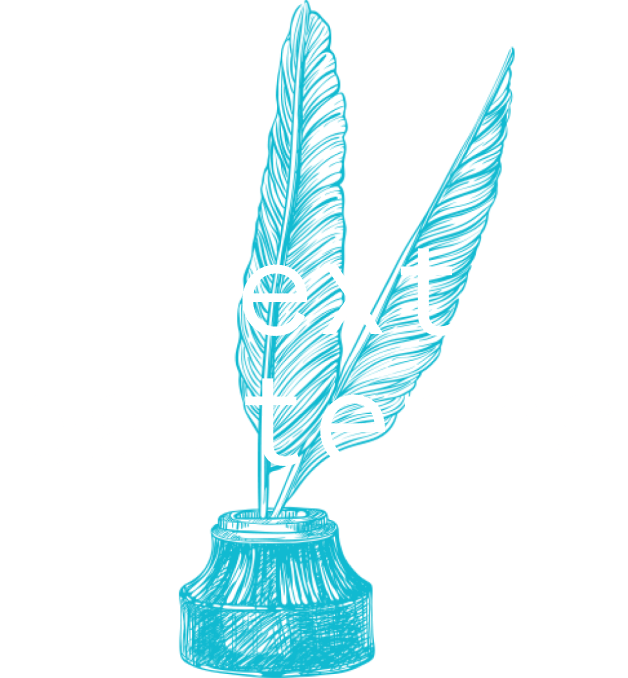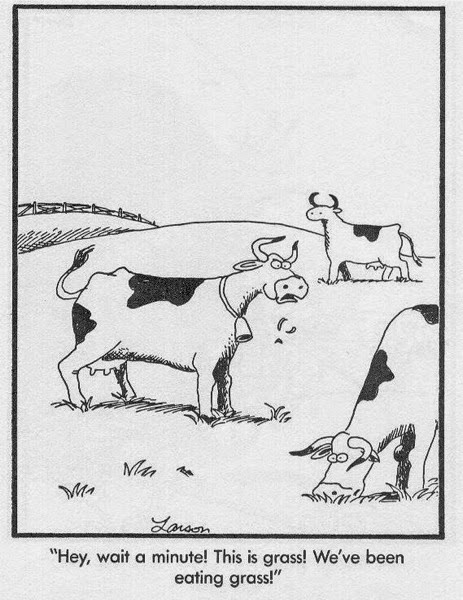July 25, 2014
the right tools for the job
This talk by Matthew Kirschenbaum provokes much thought, and I might want to come back to some of its theses about software. But for now I’d just like to call attention to his reflections on George R. R. Martin’s choice of writing software: On May 13, in conversation with Conan O’Brien, George R. R. Martin, author of course...


